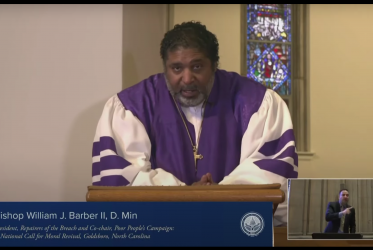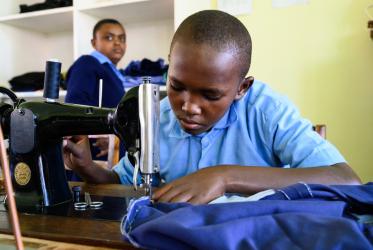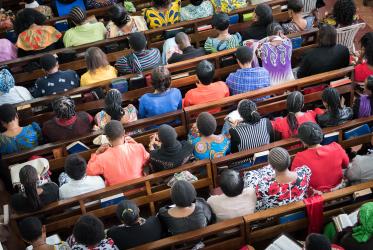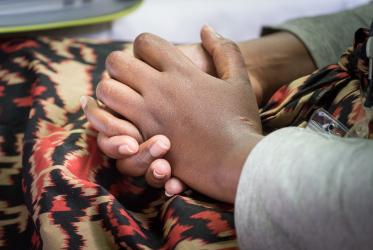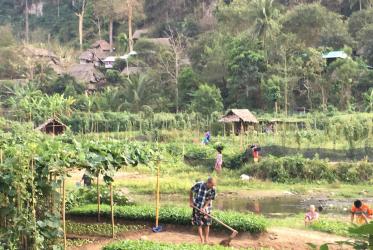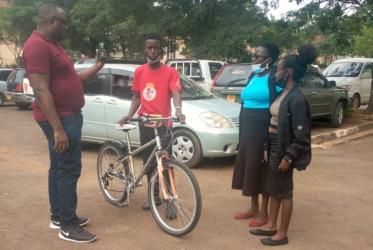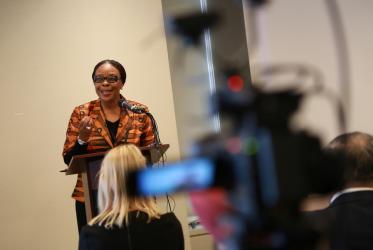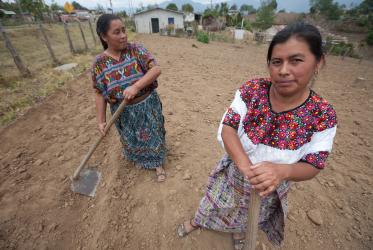Displaying 61 - 80 of 227
Faith-based investment conference shows we can “Walk the Talk”
15 January 2021
WCC sends greetings to Taize youth as they gather online with hope
23 December 2020
African ecumenical group releases book on misleading theologies
26 November 2020
Sudanese church leaders express hope that new pact will end war
08 October 2020
Interfaith panel addresses debt cancellation and reparations
06 October 2020
Tax justice can renew biblical covenants
16 September 2020
Online panel will explore tax reform from faith-rooted perspective
09 September 2020
